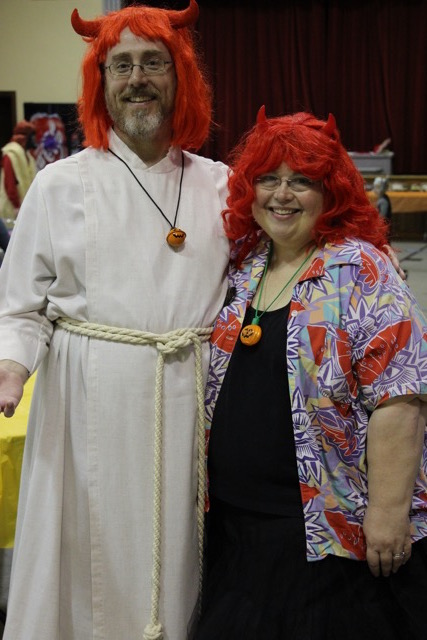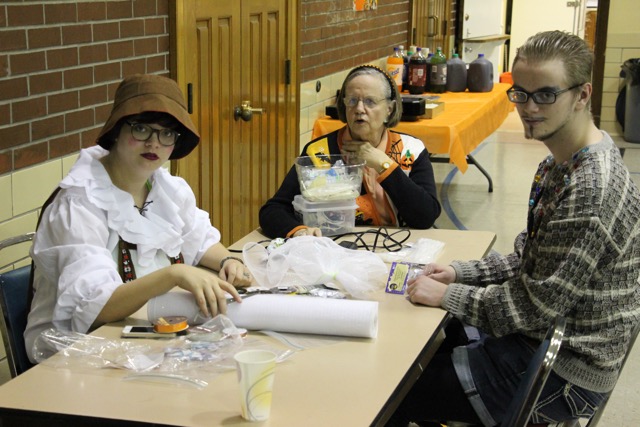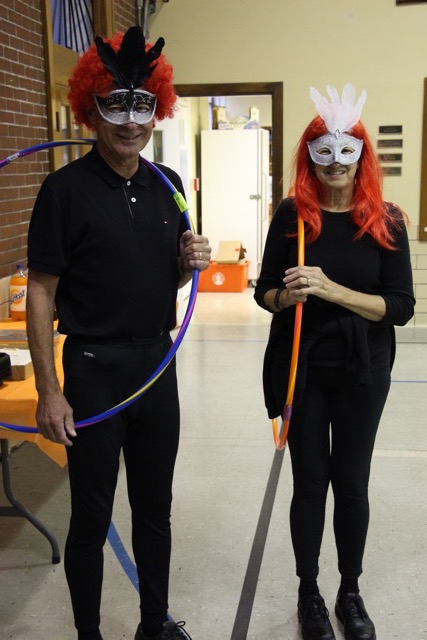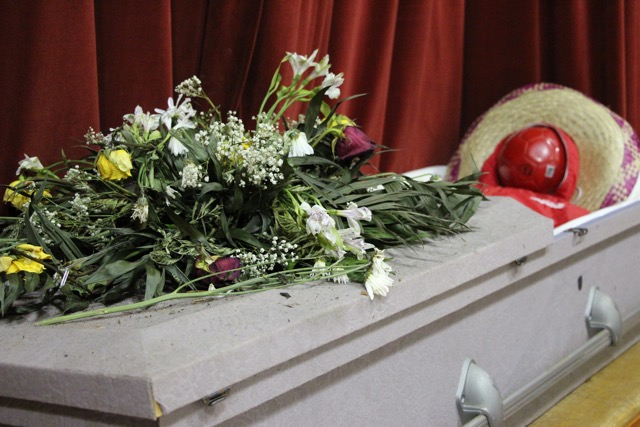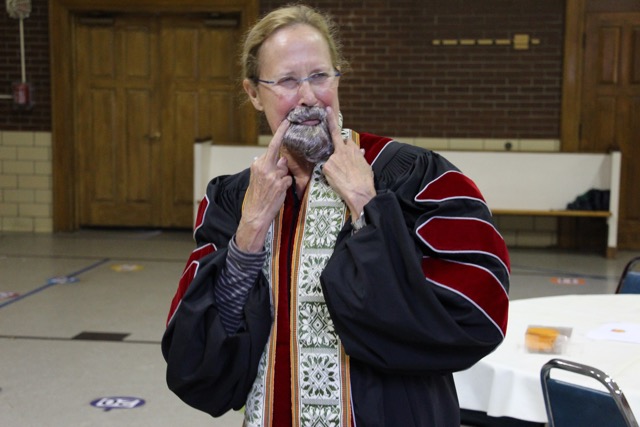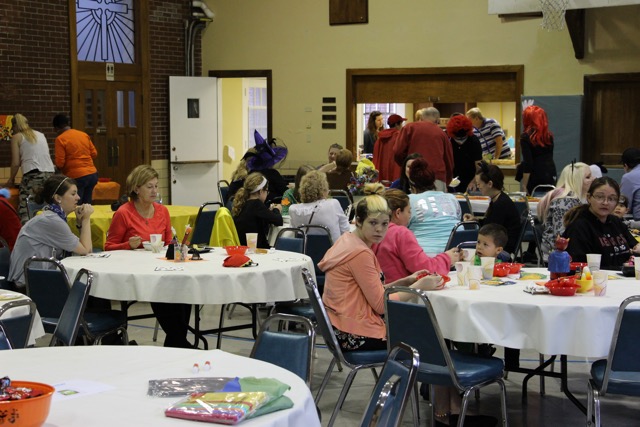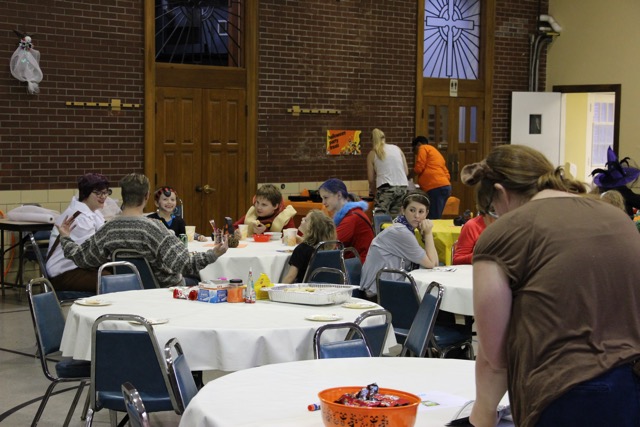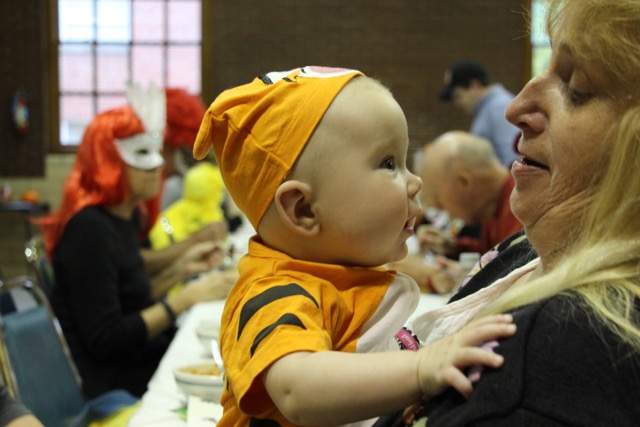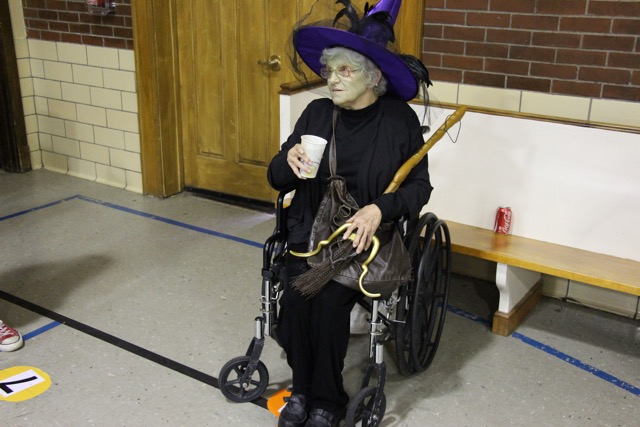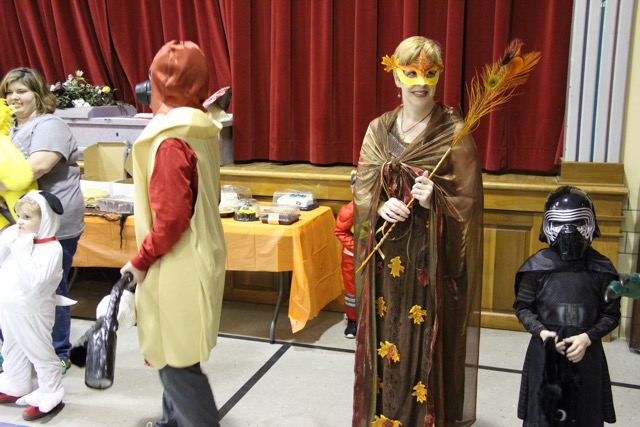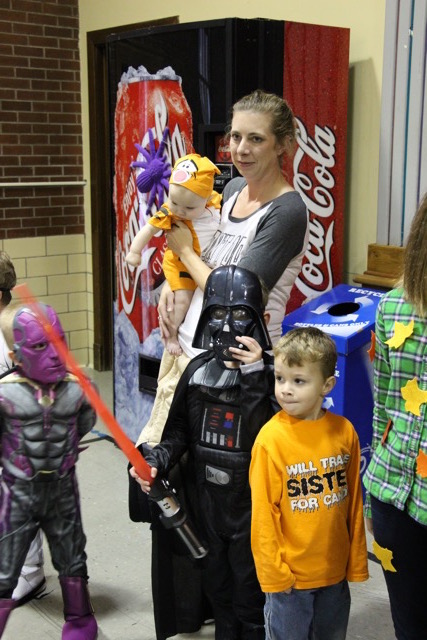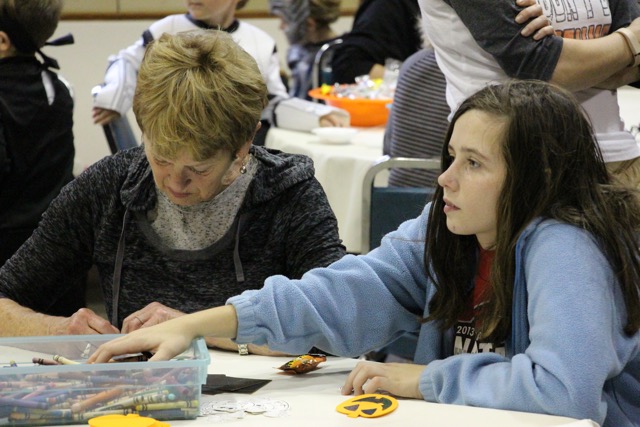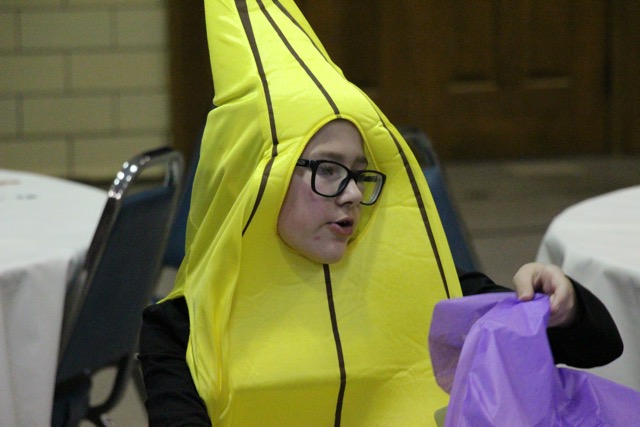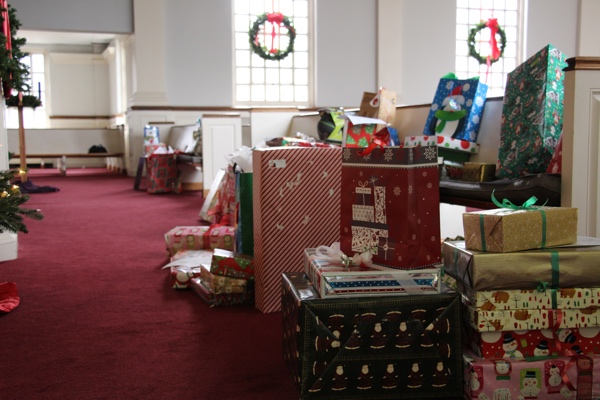By Derek Penwell
Shipping
Shipping. In the end it’s all about shipping.
It’s not about starting. Anyone can start.
It’s about producing. It’s about seeing a project through to completion. It’s about shipping.
Used to be, I was a good starter. I liked the process. I’d get excited about something, and I’d go out and buy a notebook to start taking notes, start planning, start getting ready to start.
And pens. I bought a lot of pens.
And calendars. Notebooks, and pens, and calendars.
How could I not be serious with all these office supplies?
Or, after I got into the computer age, it was software. If I only had the right software, I’d already be finished.
The problem was I mistook starting for shipping. I thought that if I could just get started, I would have done the really important work. If I could just line up the perfect office supplies, the right software, I would have solved the hardest part.
I mistook preparing to work for work.
And it’s not that preparing for work is unimportant. You need the right tools to do the job. Unfortunately, I spent so much time getting the right tools, then organizing them, and making sure the desk or the paints or the tool bench was just so, that I could walk away from the work thinking I’d accomplished work without ever actually working.
Perhaps, even more importantly, I usually had tools enough to start anyway. I convinced myself that the work couldn’t get done, however, without “better” tools.
Here’s what it took me so long to figure out—and occasionally still need help figuring out—good work is the application of resources in the service of realizing a goal—that is, good work is about completing a project and shipping it. Good work doesn’t require a perfect beginning. Perfect beginnings are a white whale that lead you to the middle of nowhere.
Good rule of thumb: If the work you’re doing isn’t bringing you closer to achieving your objective, it’s wasting your time. Not only is it not helping you do good work, it’s preventing you from doing good work—since all the fiddling around deceives you into thinking you’re actually doing something, when in fact, you’re actively, not doing the very thing that would help you achieve your goal.
Sometimes you just have to use the notebook you have.
Maybe you have to make peace with the fact that the old Bic you find at the bottom of the drawer will work just fine.
Perhaps what you need isn’t new software, but a bare-bones text editor and the determination to start driving the cursor across the page—before you have all the details worked out.
The Church and Getting Sidetracked
One of the problems with following Jesus is that you never know quite where he’s going to go. According to the Gospels, the disciples regularly found this little idiosyncrasy of Jesus vexing.
First, he’s going here. Then, he’s going there. The disciples found it next to impossible to keep up with him.
Then, after Jesus left, they stood around, waiting for someone to tell them what to do next.
After the ascension, they stood around looking into the heavens, wondering, “Now what?” Suddenly, two men in white robes sidle up and say, “Why are you just standing there? Quit mouth-breathing and get back to work.”
At Pentecost, they were all gathered together in the Azalea Room at the local Holiday Inn Express, wringing their hands, unable to work out just where to go next. The Holy Spirit showed up, kicked them out into the street with no discernible plan, “For crying out loud! Will you just get out there and start working?”
“We don’t know what to do.”
“Of course you don’t. And you’re never going to know sitting here, rearranging office supplies. You’re going to have to get out there and start.”
“We don’t know where to go.”
“If you wait to start walking until it’s all lined up for you, you’ll never find out where you need to go.”
“But what if we go in the wrong direction? What if we do the wrong thing?”
“You will. Inevitably. You’re going to make so many mistakes, even Lindsay Lohan’s going to look thoughtful next to you. But so what? Most likely, you won’t know exactly what to do and where to go until you’re already out there in the middle of it. So, go ahead and make some mistakes; because making mistakes in the service of a goal is preferable to sitting about endlessly rehearsing the reasons to continue sitting about.”
Congregations too often gets sidetracked. Worried about making mistakes, congregations freeze up.
Well, that’s not true entirely. It’s not like congregations that are afraid of making mistakes don’t do anything. They start things; they just don’t ship much that’s interesting. Unfortunately, the things they start are things with which they feel comfortable.
They spend a great deal of time lining up budgets, making flow charts, buying fancy stationary, dreaming up new programs. And these things feel like good work, like ministry.
But so often these scared congregations stop just short of doing good work because they fear making a mistake. Not wanting to do something that might raise the ire of the faithful, they stick to things they know—which would be one thing, if what they know actually took them toward anywhere interesting. As it is, much of the normal flurry of activity fails to help them arrive at a destination, amounting to energy expended in the service of wheel-spinning.
Here’s What I Think
- Use the tools you’ve got … until you have enough experience to know they’re not sufficient. Then, go get what you need. (Consistently reversing the order here, will almost certainly guarantee you won’t ship.)
- Start working. Start heading toward a destination.
- If you don’t have all the details figured out about your goal, start working anyway. You’re more likely to understand exactly what you’re trying to do only after you’ve begun.
- If you don’t have the exact GPS coordinates in hand, start heading in the general direction. (This isn’t the same as traveling at random. Start heading north, if north is where you think you need to be.)
- Make some mistakes. Embrace your mistakes. They provide you valuable information.
- If you’re on a journey to a destination, backtracking is not defeat; it’s re-calibration. (If you have an idea where you’re going, backtracking is almost always better than sidetracking.)
- If you’re vaguely afraid of going someplace, it might be that you need to pay more attention to that place. It could truly be dangerous. Or it could be that it’s the very place you should be headed, since all truly interesting places involve a certain amount of risk.
- Start. Produce. Finish. Ship. Repeat.



